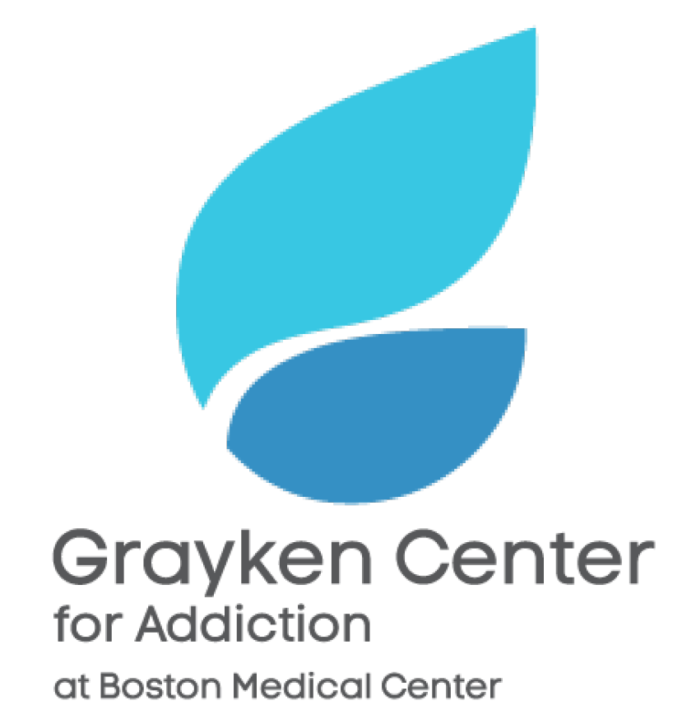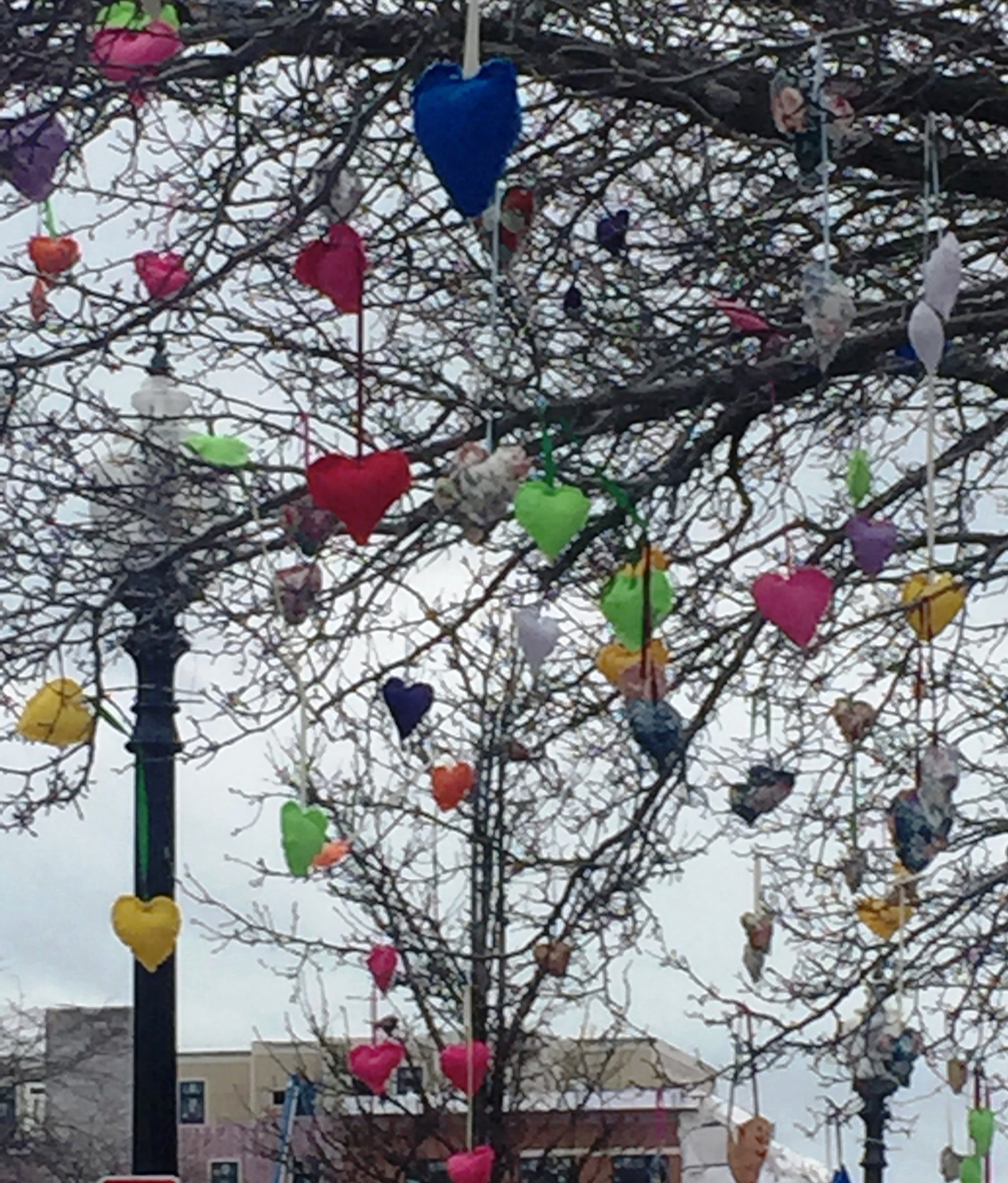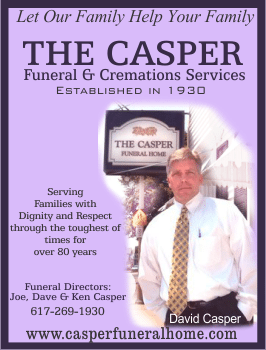Boston Medical Center’s Grayken Center for Addiction is teaming up with the national nonprofit Partnership for Drug-Free Kids to provide free resources and advice to parents whose adolescent or adult children are struggling with addiction, according to a report from Boston Globe staffer, Felice Freyer.
The new arrangement links parents to the Partnership’s resources, including “parent coaches” — and enhance those resources for Massachusetts residents. “Parents either are getting no advice or bad advice, or often are left to their own devices,” said Michael Botticelli, Grayken Center executive director.
To help them, the two organizations established www.graykenaddictionsupport.org from which parents can immediately connect with a master’s-level specialist by phone, text, e-mail, or live online chat. They can also reach specialists through a dedicated phone and text help line for Massachusetts families (844-319-5999 or text HOPEMA to 55753). Bottom of Form
The specialists will, when appropriate, connect the parents with the Partnership’s “parent coaches” — parents who either lost a child to addiction or have a child who is in recovery, and who are trained in guiding other parents in the most effective approaches to dealing with a child’s substance use disorder. The Partnership currently has more than 200 trained parent coaches, according to Fred Muench, president and CEO of the Partnership for Drug-Free Kids.
That means getting access to the wisdom of many coach volunteers, who have experienced the struggles of family member addiction themselves. Twenty-one of the coaches live in New England, including 12 in Massachusetts. Massachusetts callers will be referred to a parent coach based in New England, and as demand grows, additional Massachusetts coaches will be trained and brought online. Parent coaches undergo a three-day in-person training program and continue with supervision over the phone for six months.
The Partnership provides help in Spanish and English. With the Grayken Center collaboration, Massachusetts residents will be able to take advantage of Boston Medical Center’s translation services for dozens of languages. The new Grayken website also links to the Partnership’s articles on such topics as the warning signs of drug abuse, how to identify an effective treatment program, and how to make a post-treatment recovery plan.
The relationship with Grayken is the first local collaboration with the Partnership, Muench said. “If we arm parents with good evidence-based information, it has a direct impact on the probability their loved ones will go into care and stay in care,” Botticelli said.













